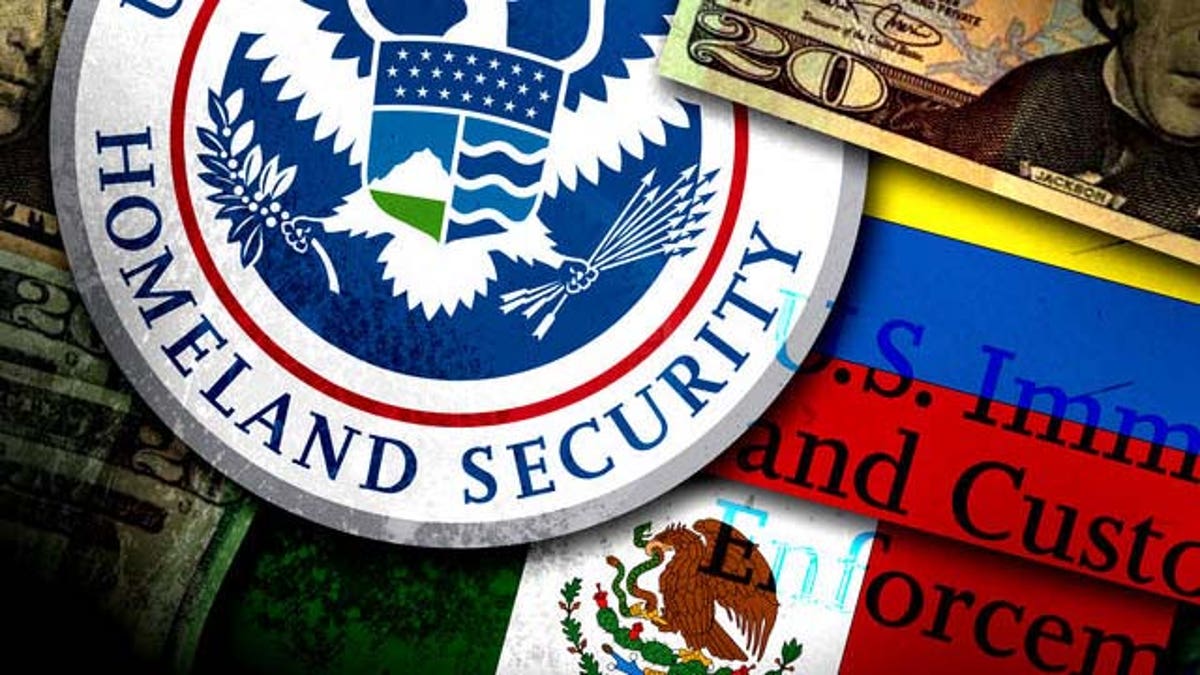
(AP)
Very soon, Mexican and Canadian officials are going to push the Trump administration to approve and finalize a “NAFTA 2.0,” which is supposedly a renegotiation of the original 1993 North American Free Trade Agreement. The administration’s primary representative in this effort is the U.S. Trade Representative, Ambassador Robert Lighthizer.
While we are being told by Ambassador Lighthizer and others that this will be a good deal for Americans, I encourage President Trump to take a hard look at one provision in particular: the special visas that are buried in the original NAFTA, and to reach out to Congress about this important subject. This visa provision must be a part of the national discussion and the congressional debate about renewing NAFTA to ensure it really will be a good deal for Americans.
The 1993 NAFTA created a brand new visa, dubbed the Treaty National (or TN) visa. The TN visa was designed to permit the nationals of the three treaty signatories to flow freely across each others’ borders for business purposes. This open borders provision has never been rationally vetted by the American people. Twenty-five years after their inception, TN visas raise important sovereignty, economic, and, perhaps most importantly, homeland security issues that must be addressed.
Since TN visas are part of a congressionally approved treaty, they are undeniably legal, and are technically only available to Mexican and Canadian nationals. That said, it is unclear if Congress can do anything to change TN visas or their requirements, given that it is a product of the treaty instead of the Immigration and Nationality Act.
Depending on who you believe, Congress may actually not be able to modify TN visas in any way, or strengthen screening and vetting requirements. In addition, because TN visas are issued pursuant to NAFTA treaty authorities, the Department of Homeland Security does not have oversight or control over these visas. This means people other than our own homeland security experts are authorizing foreign nationals into our country. This is both an affront to sovereignty and a significant national security blind spot.
Economically speaking, TN visas raise basic questions about the value of a NAFTA 2.0 that does not take a hard look at these visas. TN visas permit an unlimited number of high-skilled individuals from Mexico and Canada to enter and work in the United States, which means TN visas allow Mexican and Canadian nationals to come here for lucrative, high-paying jobs. These are certainly not “jobs Americans won’t do.” In conjunction with H-1B visas and other questionable visa programs, TN visas are arguably boxing Americans out of the current economic boom.
Those of us who support President Trump’s priorities on immigration understand that he made clear commitments to rebuild our economy, protect American workers, and end immigration abuses.
Senator Charles Grassley, R-Iowa, who has spent his Senate career protecting American jobs, raised these and other important concerns about TN visas in a letter to Ambassador Lighthizer last October. In addition to noting that estimates of the overall number of TN visa holders (since the federal government does not have consistent data regarding the number of TN visa holders in the country at any given moment) is in the vicinity of 100,000, Grassley also raised questions about whether TN visa holders are subject to fair wage and other labor laws.
To the extent TN visa holders are not subject to American laws designed to protect American workers and domestic labor markets, they undercut our economy and the ability of Americans to compete for jobs that should result from companies that move from Mexico and Canada to the United States. After all, if businesses are relocating facilities from Mexico and Canada but bringing their foreign national workers with them, American workers are not being hired for these jobs. This, to some degree, undermines the basic justification for maintaining NAFTA, and raises questions about the net gain of NAFTA 2.0.
Those of us who support President Trump’s priorities on immigration understand that he made clear commitments to rebuild our economy, protect American workers, and end immigration abuses. To truly stick to that commitment, he needs to take a hard look at the continued viability and potential risks of TN visas. Not doing so puts all of the good we have seen to date at risk.
